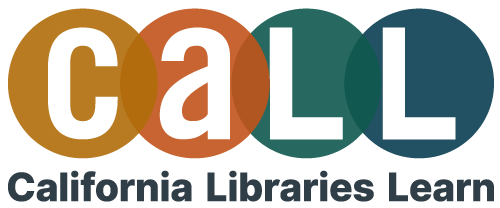Program Type:
WebinarProgram Description
Event Details
Register here
Artificial intelligence (AI) can be used in libraries and archives as a powerful tool for enhancing metadata, improving search and discovery, recommending resources, powering library chatbots, and more. However, AI systems also have the potential to cause social, technical, and ethical problems. For example, AI may incorporate surveillance technologies that threaten user privacy, AI can provide misinformation that looks real, and AI reflects and amplifies the biases of our society due to biased training data.
In response to these issues, the IMLS-funded Responsible AI in Libraries and Archives project has created an ethical reflection aid to facilitate responsible implementation of AI systems in libraries and archives. The ethical reflection aid incorporates LIS professional values such as Privacy and Consent, Resource Responsibility, Organizational Transparency, Literacy, and Access. The goal of the tool is to help practitioners take actions that align with our professional values and reduce harms to our communities.
During this webinar, members of the project team will discuss research results and introduce the prototype ethical reflection aid. The final version will be released in spring/summer 2025.
Objectives:
- Understand the landscape of AI implementation in libraries and archives
- Apply the Ethical Reflection Aid to support responsible AI implementation
Speaker Information
Sara Mannheimer is an Associate Professor and Data Librarian at Montana State University, where she helps shape theory and practice for research data curation, sharing, and preservation. Her research examines the social, ethical, and technical issues of a data-driven world. She is Project Director of the IMLS-funded Responsible AI in Libraries and Archives project.
Scott W. H. Young is an associate professor and User Experience & Assessment Librarian at Montana State University, focused on values-based assessment, privacy, and participatory design. He has a new book published from Library Juice Press: Knowing our Value and our Values: Toward An Ethical Practice of Library Assessment.
This presentation supports the NLM goal of building a data driven workforce by discussing how to ethically evaluate AI tools for values around privacy, consent, literacy and access, which overlap with how AI is used in healthcare settings.
This class is for educational and informational purposes in alignment with NNLM goals and does not offer medical advice.
Referral: National Library of Medicine
